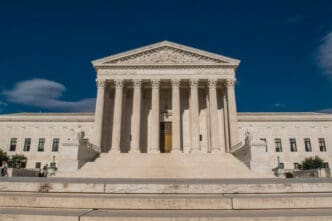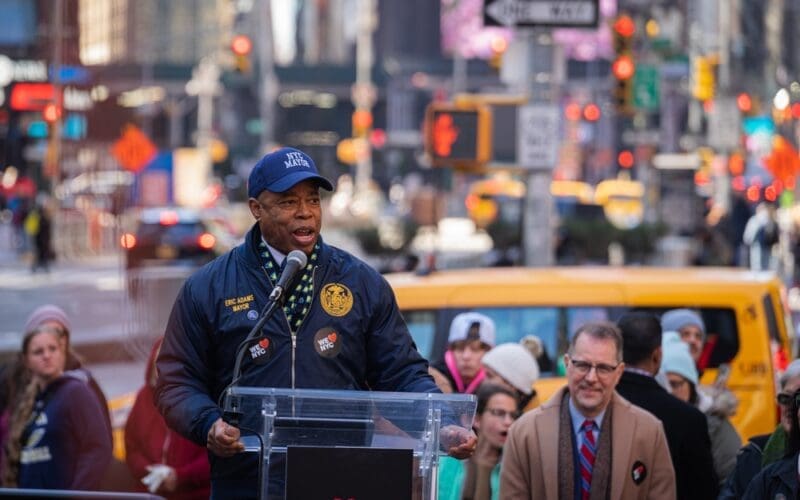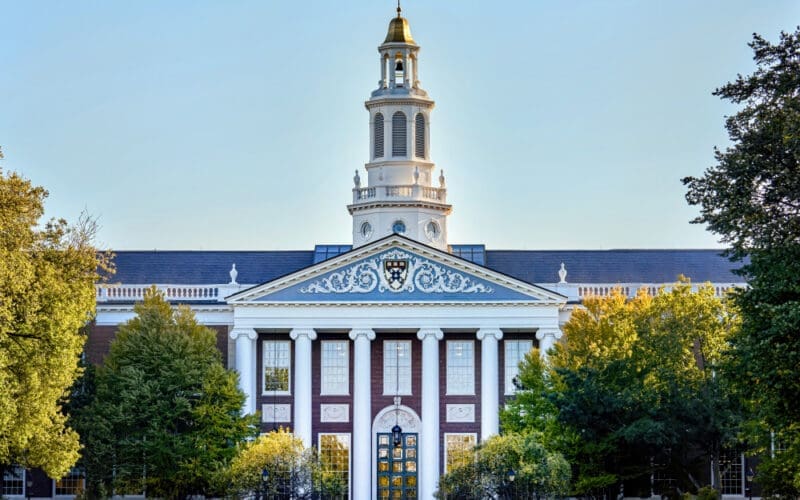President Donald Trump’s administration remains steadfast in its position against repatriating Kilmar Abrego Garcia, despite rulings from the U.S. Supreme Court and lower courts indicating that his deportation was wrongful and that he should be returned to the United States. U.S. District Judge Paula Xinis has mandated daily updates on the administration’s efforts to bring back Abrego Garcia, a 29-year-old Salvadoran who was living in Maryland and is married to a U.S. citizen. Officials have alternated between acknowledging the deportation error and claiming that the U.S. has no further authority as Abrego Garcia is now in El Salvador.
In spring 2019, during Trump’s first term, Immigration and Customs Enforcement detained Abrego Garcia, citing an informant who labeled him as a verified gang member. An immigration judge denied him bond, claiming he was confirmed as a ranking member of the MS-13 gang. However, the official Notice to Appear centered only on his previous illegal border crossing without addressing any gang affiliations, which Abrego Garcia and his attorneys denied. Later in 2019, an immigration judge granted him protection from removal to El Salvador, acknowledging the danger local gangs posed to him there, but still denied asylum, which only prevented deportation to his home country without offering the right to remain in the U.S.
By March 12, 2025, ICE agents had arrested and deported Abrego Garcia to the CECOT prison in El Salvador, citing an “administrative error” despite being aware of his protection from removal, as noted in a lawsuit seeking his return. On April 4, a Justice Department attorney conceded in court that he should not have been removed. However, the administration appealed an order for his return, highlighting Abrego Garcia’s alleged gang affiliation as a reason for his ineligibility for U.S. protection.
On April 6, Attorney General Pam Bondi placed Justice Department attorney Erez Reuveni on leave for his court statements, comparing it to a defense attorney conceding guilt in a criminal case. By April 12, a State Department official confirmed Abrego Garcia’s presence in the CECOT prison, while emphasizing that his detention was under El Salvador’s jurisdiction. The administration continued to argue that Abrego Garcia was no longer eligible for protection due to alleged gang involvement.
On April 14, Trump officials reiterated these points in an Oval Office meeting with El Salvador’s President Nayib Bukele, where they argued that his deportation was valid based on an immigration judge’s order and criticized the district court’s attempt to compel his return. Bukele expressed reluctance to intervene, and the administration maintained that Abrego Garcia’s detention was a matter of El Salvador’s sovereign authority.
Implications for the U.S. and International Relations
The case of Kilmar Abrego Garcia reflects broader implications for U.S. immigration policy and international relations. The administration’s stance on not repatriating him, despite court orders, underscores ongoing tensions between judicial decisions and executive actions. The situation highlights challenges in balancing national security concerns with adherence to legal processes and human rights considerations.
This case may affect how similar cases are handled in the future, potentially influencing immigration policies and procedures. It could lead to increased scrutiny over the handling of deportation cases, especially concerning individuals with contested gang affiliations. Furthermore, the diplomatic aspects of this situation, involving the sovereignty of foreign nations, may impact bilateral relations and international perceptions of U.S. immigration practices.
For communities, the case serves as a reminder of the complexities facing immigrants and their families, particularly those with ties to individuals in legal limbo. It also raises questions about the role of legal representation and the influence of government agencies in immigration proceedings. The resolution of this case may set precedents affecting the lives of many living under similar circumstances in the United States.












